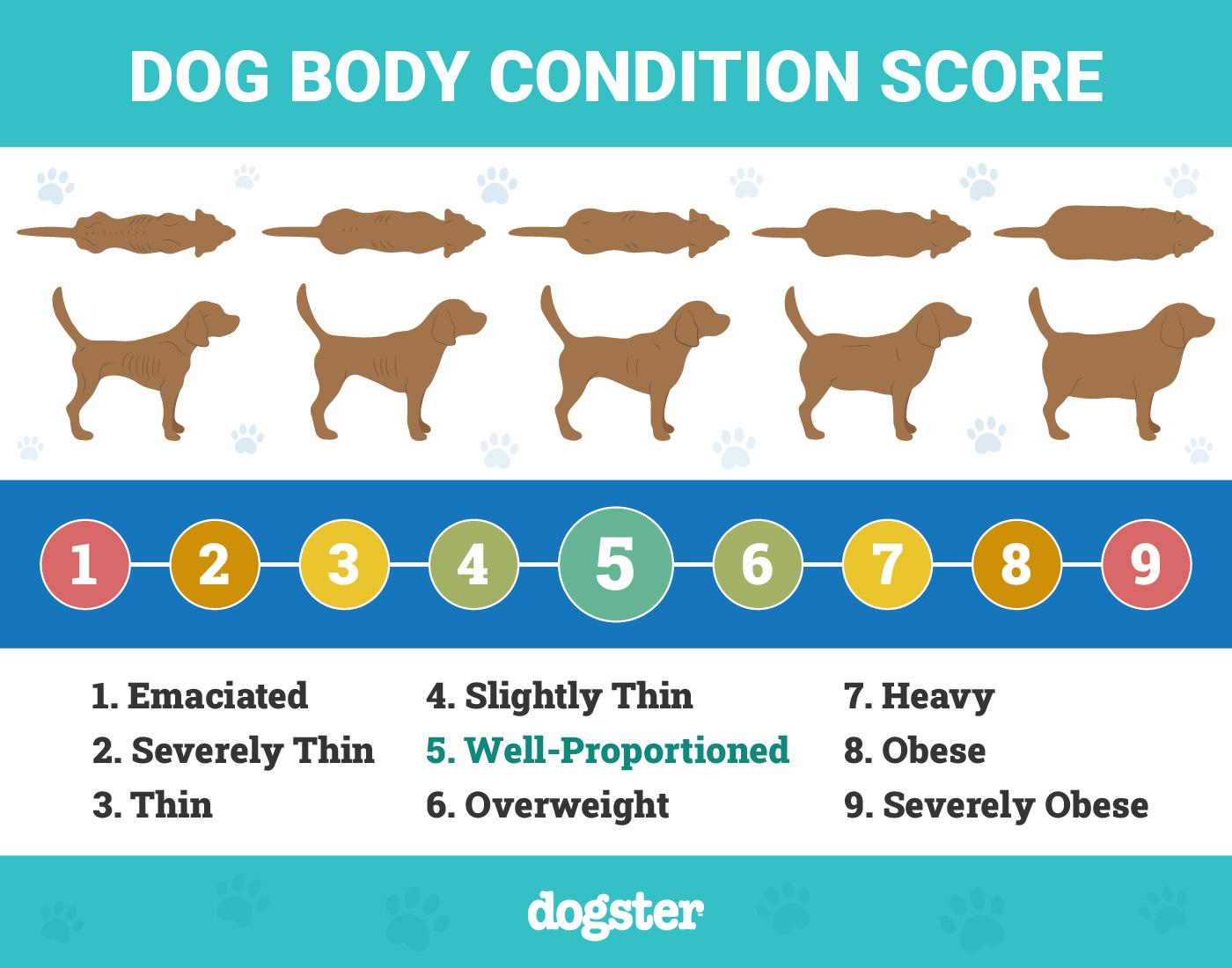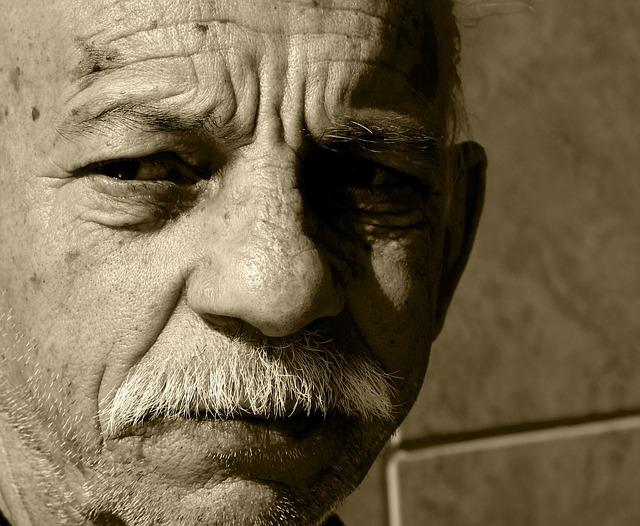As our beloved canine companions enter their golden years, they deserve all the love and care we can offer to ensure their twilight years are as joyful and healthy as possible. Feeding senior dogs requires a thoughtful approach, one that takes into account their changing nutritional needs and lifestyle adjustments. In this article, we will explore the best practices for nourishing our senior dogs, focusing on creating a diet that supports their health, vitality, and overall well-being. With a warm and caring touch, we’ll guide you through understanding their unique dietary requirements, selecting the right foods, and implementing feeding strategies that cater to their aging bodies. Whether your furry friend is showing signs of slowing down or simply needs a dietary tune-up, these insights will help you provide the best care possible, ensuring they continue to thrive in their later years.
Understanding Nutritional Needs as Your Dog Ages
As your beloved canine companion enters their golden years, their nutritional needs will evolve, requiring a more tailored approach to their diet. Older dogs often experience a slower metabolism, reduced activity levels, and may face age-related health challenges such as arthritis or dental issues. To support their well-being, it’s crucial to focus on a balanced diet that addresses these changing requirements.
- Higher Quality Protein: Opt for easily digestible proteins to maintain muscle mass and support overall health.
- Joint Support: Include foods rich in omega-3 fatty acids or supplements like glucosamine to promote joint health and reduce inflammation.
- Fiber and Digestive Health: Ensure adequate fiber intake to aid digestion and maintain a healthy weight.
- Dental Care: Consider softer foods or those specifically designed to promote oral health, as dental issues are common in senior dogs.
- Hydration: Older dogs may need encouragement to drink more water, so provide fresh, clean water at all times and consider wet food options for added moisture.
Monitoring your dog’s weight and adjusting portion sizes is equally important, as maintaining a healthy weight can prevent additional stress on aging joints and organs. Regular consultations with your veterinarian will help tailor the best dietary plan for your senior dog, ensuring they continue to thrive and enjoy their later years with vitality and joy.

Choosing the Right Food for Your Senior Canine
As our furry friends age, their dietary needs evolve, necessitating a thoughtful approach to meal selection. It’s essential to focus on a diet that supports their changing metabolism, joint health, and overall vitality. Look for foods that are rich in high-quality protein to maintain muscle mass, and contain moderate fat levels to prevent weight gain. Ingredients like glucosamine and chondroitin can be beneficial for joint health, while omega-3 fatty acids help maintain a shiny coat and support cognitive function.
- Opt for easily digestible carbohydrates such as sweet potatoes or brown rice.
- Ensure the presence of antioxidants like vitamins C and E to boost immune health.
- Include fiber-rich options to aid in digestive health and regularity.
- Avoid artificial additives and fillers that provide no nutritional value.
When selecting the right food, consider consulting your veterinarian to tailor a diet that aligns with your dog’s specific health needs and lifestyle. A balanced, nutrient-rich diet can significantly enhance your senior dog’s quality of life, providing them with the energy and comfort they need to enjoy their golden years.

Establishing a Consistent Feeding Routine for Older Dogs
As our furry friends age, their dietary needs and habits can change significantly. To help your senior dog thrive, it’s essential to establish a feeding routine that caters to their unique needs. Consistency is key, as it provides comfort and stability in their daily lives. Here are some tips to help you create a reliable feeding schedule for your older dog:
- Set Specific Meal Times: Feed your dog at the same times each day. This not only helps with digestion but also aligns with their natural body clock, reducing anxiety around meal times.
- Choose the Right Food: Opt for high-quality, senior-specific dog food that supports joint health, contains lower calories, and has easily digestible proteins.
- Monitor Portion Sizes: Older dogs may have reduced energy levels, so adjusting portion sizes can help prevent obesity, a common issue in senior dogs.
- Keep Hydration in Check: Ensure your dog has access to fresh water at all times, as older dogs are prone to dehydration.
- Observe and Adapt: Pay attention to your dog’s eating habits and adjust the routine as needed. If you notice changes in appetite or weight, consult your veterinarian.
By following these guidelines, you can ensure that your senior dog maintains a healthy diet and enjoys a stable, comforting routine that supports their overall well-being.

Monitoring Health and Adjusting Diet for Optimal Wellbeing
As our beloved canine companions age, their nutritional needs evolve, requiring a more tailored approach to their diet. It’s essential to monitor their health closely, adjusting their meals to support longevity and vitality. Begin by consulting with your veterinarian to assess any specific health conditions your senior dog may have. This step will help you identify any dietary adjustments needed to address issues such as arthritis, kidney health, or dental problems.
Incorporating a balanced diet is key. Focus on high-quality proteins to maintain muscle mass, and ensure adequate fiber for digestive health. Consider the following dietary adjustments for your senior dog:
- Incorporate omega-3 fatty acids: These can help reduce inflammation and support joint health.
- Choose foods with antioxidants: They play a crucial role in boosting the immune system and combating age-related ailments.
- Opt for softer foods: If dental issues are present, providing wet food or soaking dry kibble can make eating easier and more enjoyable.
- Monitor calorie intake: Senior dogs often require fewer calories due to decreased activity levels, so adjust portion sizes accordingly to prevent obesity.
Regularly observe your dog’s behavior and physical condition, as subtle changes might indicate a need for further dietary modifications. By remaining attentive and proactive, you can ensure your furry friend enjoys their golden years in optimal health and happiness.

